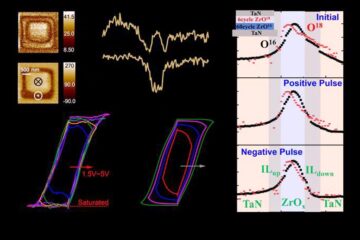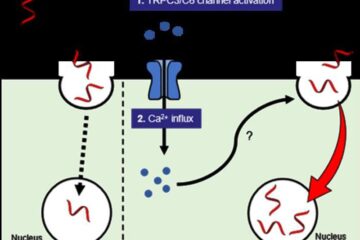Chest X-ray exposure may increase likelihood of breast cancer

“This is one of the first studies to demonstrate that women genetically predisposed to breast cancer may be more susceptible to low-dose ionizing radiation than other women,” said David E. Goldgar, PhD, a lead author of the study who was the Chief of the Genetic Epidemiology Group at the International Agency for Research on Cancer in Lyon, France, at the time the research was conducted. “If confirmed in prospective studies, young women who are members of families known to have BRCA1 or BRCA2 mutations may wish to consider alternatives to X-ray, such as MRI,” Dr. Goldgar added.
Researchers analyzed questionnaire data completed by more than 1,600 women who were involved in the International BRCA 1/2 Carrier Cohort Study (IBCCS) – a collaborative European study of women who carry BRCA 1/2 mutations. While all women were carriers, not all had developed breast cancer. The questionnaire asked whether a woman had ever received a chest X-ray, whether she had received chest X-ray before age 20, after age 20, or during both periods, and how many X-rays she had been exposed to during each timeframe.
The study found that women with BRCA 1/2 mutations who reported ever having a chest X-ray were 54% more likely to develop breast cancer than women who had never undergone the procedure. In addition, women who were exposed to X-rays before age 20 had a 2.5-fold increased risk of developing the disease before age 40, compared with women who had never been exposed.
“Since BRCA proteins are integral in repairing damage to breast cells, we hypothesized that women with BRCA 1/2 mutations would be less able to repair damage caused to DNA by ionizing radiation,” said Dr. Goldgar. “Our findings support this hypothesis and stress the need for prospective studies.”
Investigators noted two primary limitations of the study. The first was the potential for “recall bias,” meaning that women who had developed breast cancer might be more likely to remember receiving an X-ray than women who had not been diagnosed with the disease. The second was the lack of data on the specific dose and timing of radiation that was received.
“Effect of chest X-rays on the risk of breast cancer among BRCA1/2 mutation carriers in the IBCCS Study,” Nadine Andrieu et al, INSERM Emi00-06 et Service de Biostatistique de l'Institut Curie, France.
Media Contact
All latest news from the category: Health and Medicine
This subject area encompasses research and studies in the field of human medicine.
Among the wide-ranging list of topics covered here are anesthesiology, anatomy, surgery, human genetics, hygiene and environmental medicine, internal medicine, neurology, pharmacology, physiology, urology and dental medicine.
Newest articles

Advance in light-based computing
…shows capabilities for future smart cameras. UCLA-developed experimental device demonstrates ability to reduce glare in images. Researchers developing the next generation of computing technology aim to bring some light to…

Evidence for reversible oxygen ion movement during electrical pulsing
…enabler of the emerging ferroelectricity in binary oxides. In a recent study published in Materials Futures, researchers have uncovered a pivotal mechanism driving the emergence of ferroelectricity in binary oxides….

Next-generation treatments hitch a ride into cancer cells
Researchers from Osaka University discover that opening a channel into cancer cells helps antisense oligonucleotide drugs reach their targets. Antisense oligonucleotides (ASOs) are next-generation drugs that can treat disease by…





















